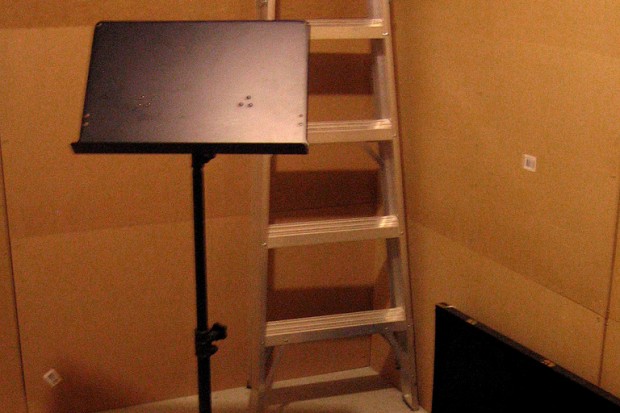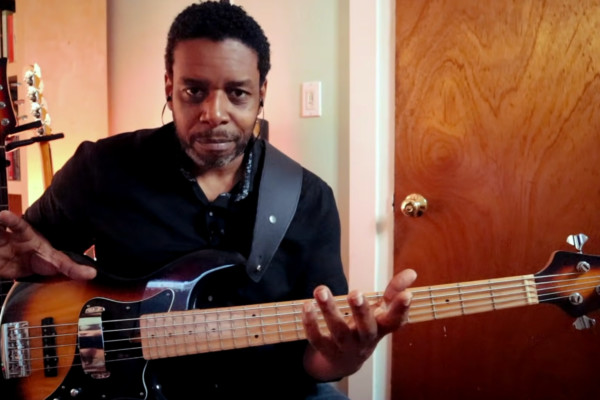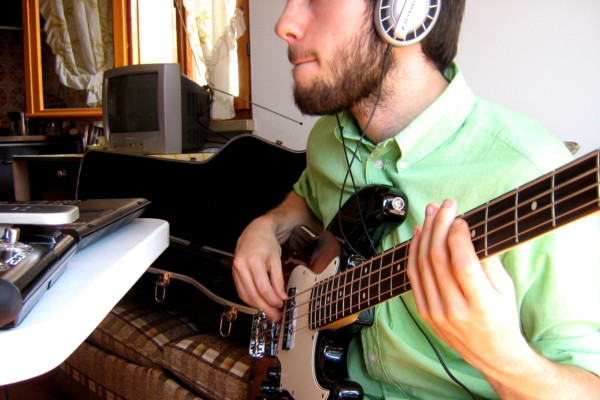Improving Practice: 4 Pitfalls to Avoid in the Practice Room

We learn and grow musically from a variety of sources. Teachers, performances, fellow musicians, etc. all play a role in our progress, but our most direct improvement comes from our time in the practice room. That’s why spending time practicing each day is so important.
Sometimes, however, even when are putting in time daily, we don’t see results. There can be innumerable reasons for this, but below are a few of the more common pitfalls I have seen people fall into over my career.
1. Every Problem is a Nail
The old adage goes: “If your only tool is a Hammer then every problem looks like a nail.” Unfortunately this applies to many beginning students. Perhaps they understand the importance of practicing passages slowly. They have applied this strategy in the past and had success.
However, this is only one practice tool. Not everything benefits from slow practice. One effort-laden, angst-filled, yet unproductive, week spent on a lyrical passage will prove that. A musician needs multiple practice tools. If you don’t have several, ask your teacher for additional strategies and for advice on picking the right tool for the job.
2. Doing Everything at Once
I find this a lot in adult students and those who are already proficient in some other instrument. They can easily hear, and diagnose, the problems with a particular passage. Perhaps it is out of tune, the tone is bad, the fingerings are inconsistent, the rhythm is shaky, the phrasing is unsatisfying and the dynamics are non-existent. As a result they try to fix everything all at once, every time they practice the passage. As a result, nothing really gets better. This leads to quite a bit of frustration.
Instead of fixing everything at once, pick only one musical item to improve. Spend ten minutes focusing on improving the tone of a particular passage. After this, spend ten minutes working on the pitch. Then ten minutes on rhythm. Etc. You will gain more by isolating a problem and focusing your efforts than by attempting to fix everything all at the same time.
3. Bean Counting
Repetition is necessary for the improvement of any skill. However, progress does not come from mindless repetition. Repetition without focused attention is not only useless, but can be harmful. You can actually solidify mistakes and problems this way. You need to repeat passages to make them better, but make sure you are focusing on improving some item that is problematic (e.g. intonation or dynamics) and putting forth your best effort to improve it each time you play it.
Clock-watching also falls into the Bean-Counting category. A great deal of time spent does not always equal success. It is the quality of the time spent that matters most.
4. “Greatest Hits” Practicing
Some students spend a great deal of time in the practice room, but they only play things they already know well. They don’t want to sound bad in the practice room, so they avoid playing things where they might make mistakes.
While there is some value in this, if the bulk of our time is spent playing things we already play well, we won’t see much overall progress. What progress we do see will be limited. For maximum progress, play your “greatest hits” sparingly. Focus on improving problematic passages instead.
If you see yourself stepping into any of the pitfalls above, make note. Then make a course correction. You will see greater improvement, and feel better about your practice sessions.
Dr. Donovan Stokes is on the faculty of Shenandoah University-Conservatory. Visit him online at www.donovanstokes.com and check out the Bass Coalition at www.basscoalition.com.



